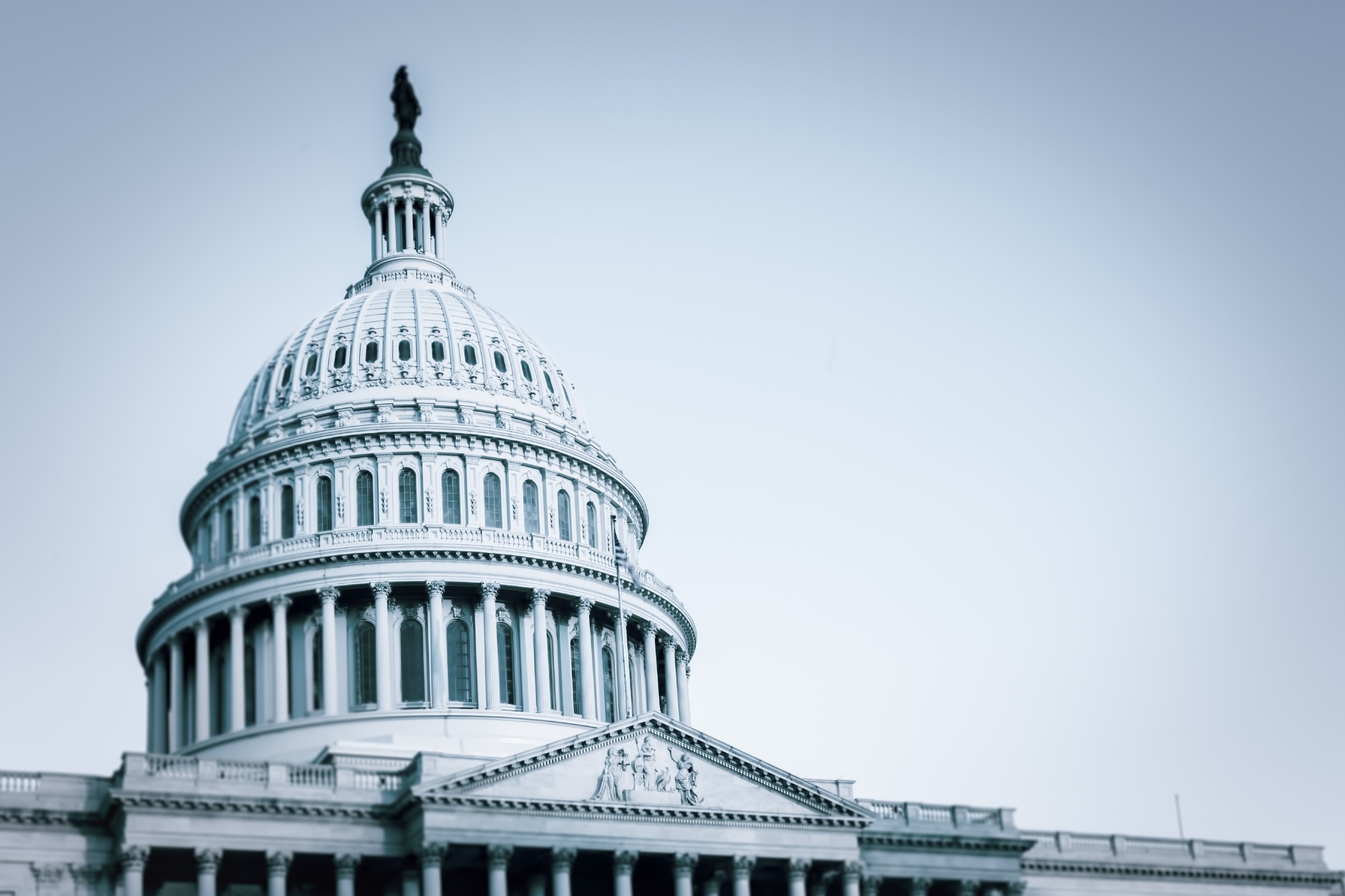After Orlando
The horrific attack on the Pulse nightclub in Orlando, Florida last weekend that killed 49 people and wounded 50 more has reignited the debate about how to prevent Islamist terrorism on American soil.
President Barack Obama’s Middle East policies, his refusal to call the beast by its name, Islamist terrorism, and the politically correct culture his administration has foisted on law enforcement have made us less safe.
Bret Stephens lays out the deadly errors in Pres. Obama’s policy. By abdicating our role in the Middle East, he allowed ISIS to flourish, attract recruits, and imbue them with a violent, intolerant, religion – jihadi Islamic extremism.
President Obama has gone to great lengths to avoid using the term Islamist terrorism in describing this attack or others like it. In contrast, Israeli Prime Minister Benjamin Netanyahu spoke out with great clarity against the Islamist terrorists who hate and kill those different from themselves. In a video posted to Facebook on Wednesday that has since gone viral, he said:
This week’s shooting wasn’t merely an attack on the LGBT community. It was an attack on all of us, on our common values of freedom and diversity and choice.
Radical Islamist terror makes no distinction between shades of infidel.
This week it was gays in Orlando. A few days before that it was Jews in Tel Aviv. Before that it was music fans in Paris; Travelers in Brussels; Yazidis in Iraq; Community workers in San Bernardino; Christians and journalists in Syria.
Indeed, like attacks before it, the Orlando attack was steeped in Islamist extremism.
There are indications that the Orlando killer had become radicalized. He talked about being a martyr, traveled to Saudi Arabia twice, had been questioned by the FBI, and twice been on the FBI terror watch list.
The FBI has limited resources to pursue all the potential threats. With some 1,000 open investigations, the agency can only keep a few dozen people under constant surveillance.
But FBI investigators may also have been hampered by the PC culture, imposed by the Obama administration, which makes talking about Islam taboo. The Washington Free Beacon reports:
Former FBI Agent John Guandolo said the FBI mistakenly closed its investigation because it had no idea how to respond to jihadist threats because the bureau does not teach agents about Islamist doctrine, such as Sharia law, that is used as a guide for terrorist operations and activities.
John R. Schindler points out the problem of identifying potential Islamist terrorists in the age of PC extremism:
In 21st-century America, we have created a perverse incentive structure where fear of accusations of Islamophobia and/or racism takes priority over anything else, even preventing violence. While nobody could have foreseen the exact attack that Omar Mateen perpetrated, it’s abundantly clear that he was on track to do something awful, including murder. Yet nothing was done, even though warnings were abundant. Simply put, any American today who is accused of Islamophobia faces a ruined life with loss of employment and social stigma. Whereas the cost of not preventing mass murder is merely hurt feelings and regret.
It should also be noted that President Obama’s insistence on calling these attacks the work of a single person is also misleading. Joseph Ax writes:
If Omar Mateen acted alone in plotting the massacre of 49 people at Orlando’s Pulse gay nightclub, he would be the exception rather than the rule in U.S. cases involving suspected Islamic State supporters.”
…But a Reuters review of the approximately 90 Islamic State court cases brought by the Department of Justice since 2014 found that three-quarters of those charged were alleged to be part of a group of anywhere from two to more than 10 co-conspirators who met in person to discuss their plans.
Even in those cases that did not involve in-person meetings, defendants were almost always in contact with other sympathizers, whether via text message, email or networking websites, according to court documents. Fewer than 10 cases involved someone accused of acting entirely alone.
How should America respond to these attacks, once we have comforted the families of the dead and assisted the injured? Glenn Reynolds correctly notes:
First, interrupt the flow of radicalizing propaganda at the source: ISIL and various other jihadist outfits need to be neutralized or destroyed. These organizations pursue a deliberate strategy of radicalizing Muslims in Western countries to turn them into terrorists, and they operate networks of sympathizers throughout the USA.
Kevin Reagan writes that we need to learn from Israel’s culture of preparedness. A 2009 Homeland Security Institute report points out how Israel and the U.S. differ:
Terrorism preparedness in Israel is “a joint responsibility whereby government provides proper education to inform its citizens about the threat and survival tactics while the citizens assume responsibility to operationalize a national culture of preparedness as an able and willing partner in emergencies.” In fostering a sense of civic responsibility and a culture of preparedness for terrorism from an early age, Israeli society is more accepting and proactive in preparing for attacks and thereby more resilient in recovering from them.
In contrast to the Israeli approach, the report notes, public education on terrorism in the United States suffers from a deleterious combination of apathy and political reticence. The report offers insightful criticism on the contemporary political environment in which attempts to inform the public of terror threats are often discouraged as “fear mongering,” thereby subverting legitimate security communication.
A Hillary Clinton administration would not change the Obama administration’s flawed and dangerous policies, says Jim Geraghty:
There’s little reason to expect Clinton to deviate much from Obama’s approach to the threat of terrorism. Both Democrats worked together on foreign policy for four years, an era that covered the Fort Hood shooting, the underwear bomber, the Arab Spring, and, of course, the Benghazi attack. In Monday’s address in Cleveland, Clinton’s first major extended remarks about the Orlando attack, she offered a lot of pledges that she would do everything the Obama administration is doing, just . . . better.

